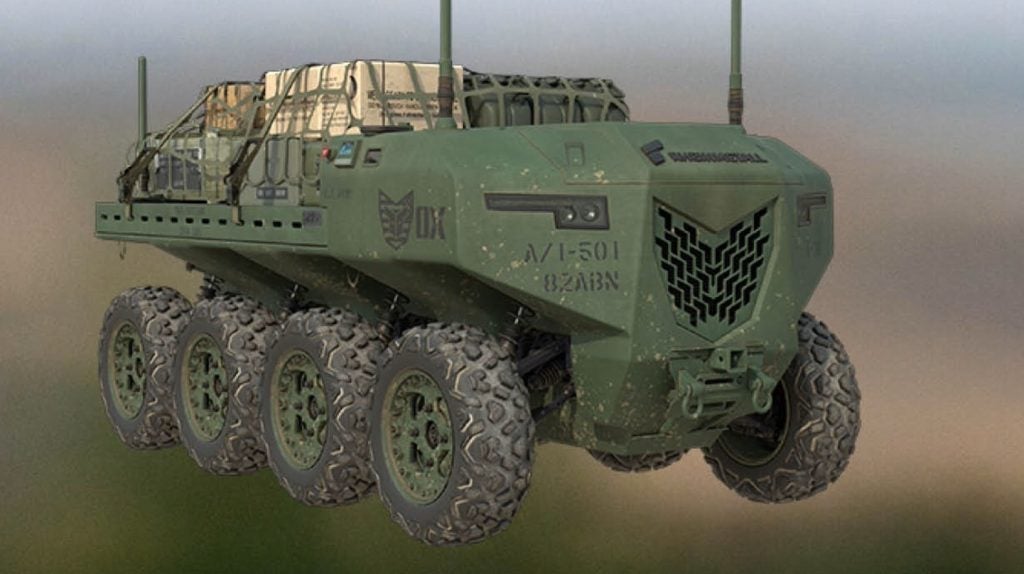American Rheinmetall Vehicles has been awarded one of the two contracts by the US Army under the Small Multipurpose Equipment Transport (S-MET) Increment II programme to deliver uncrewed ground vehicles (UGV) for testing.
The company will provide its UGV, which is designed to efficiently transport supplies across challenging terrains, supporting combat operations, for the US Army.
Partnering with Textron Systems, American Rheinmetall Vehicles is set to deliver eight prototypes for Army evaluation in 2025.
The S-MET solution from American Rheinmetall Vehicles integrates advancements from the Mission Master family of autonomous platforms.
These modular vehicles can fulfil various missions, including reconnaissance and logistical support.
The S-MET UGV features a unique composite structure and materials that address electromagnetic concerns while utilising mature commercial components for enhanced affordability and reliability.
Textron Systems, along with its subsidiary Howe & Howe, brings in-depth robotics knowledge and systems integration expertise to the S-MET Increment II programme.
Their RIPSAW M5 and M3 ground robotics platforms, developed for the Army's Robotic Combat Vehicle programmes, contribute to the S-MET vehicle's advanced control architecture.
American Rheinmetall Vehicles senior vice-president and deputy managing director Jim Schirmer said: “American Rheinmetall Vehicles is honoured with the Army’s selection and excited to deliver our S-MET platform which is particularly attractive due to its technological excellence, affordability, and reliability.”
The other contract under the US Army’s S-MET programme has been awarded to HDT Expeditionary Systems.
The value of the two contracts totals $22m.
The US Army’s S-MET Inc II serves as a strategic response to address critical deficiencies in operations where physical strain, the need for ongoing battery power, and the challenges of maintaining supply lines during semi-autonomous missions are prevalent.
The service has plans to procure up to 2,195 systems, with a production contract signing with one of these vendors after the prototyping phase and developmental testing expected in the late fiscal 2027.









